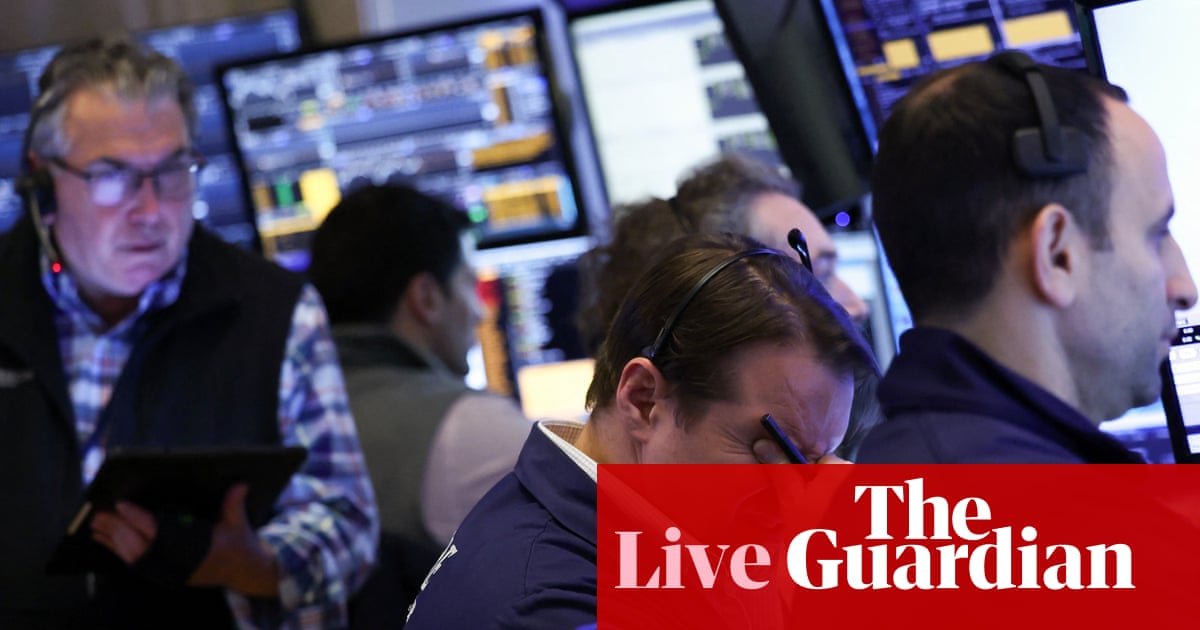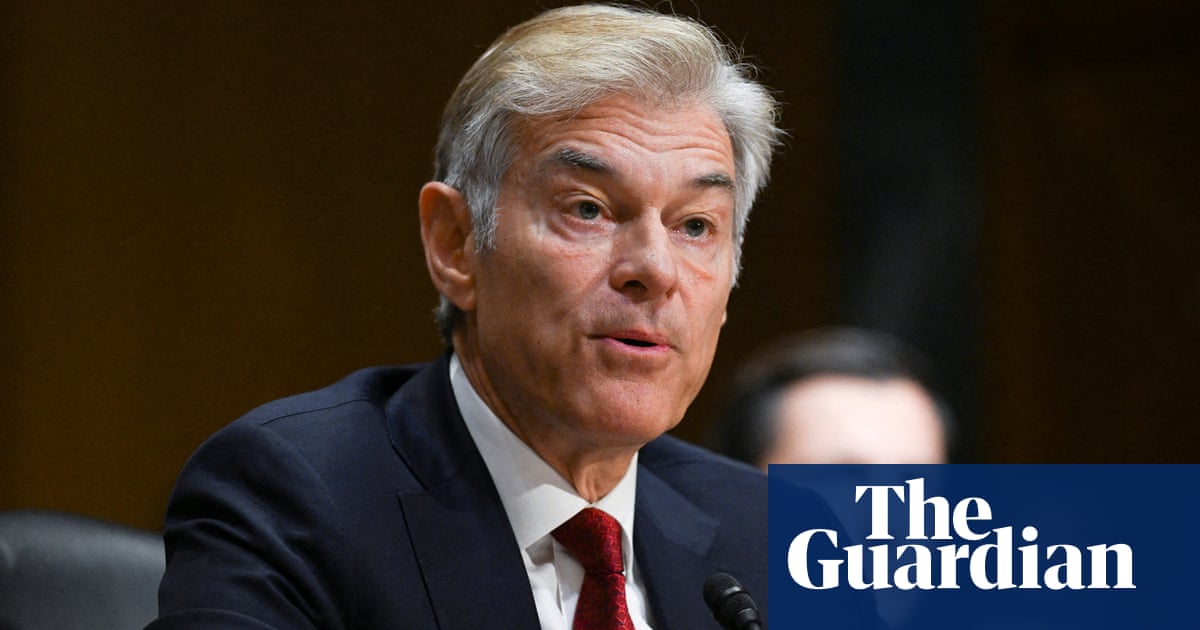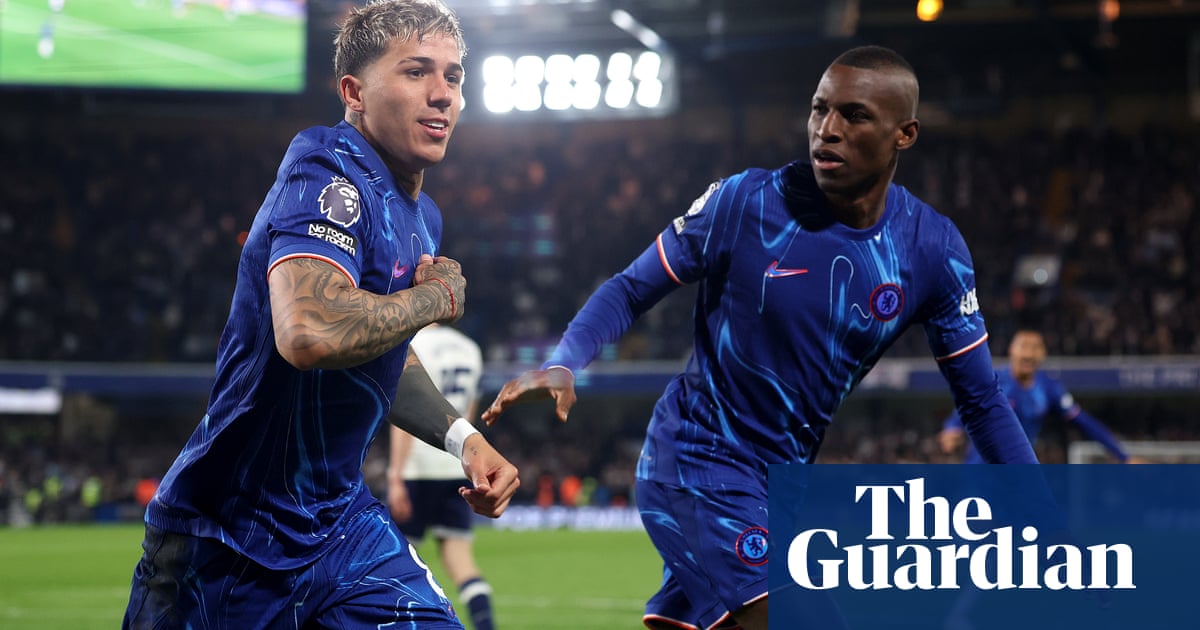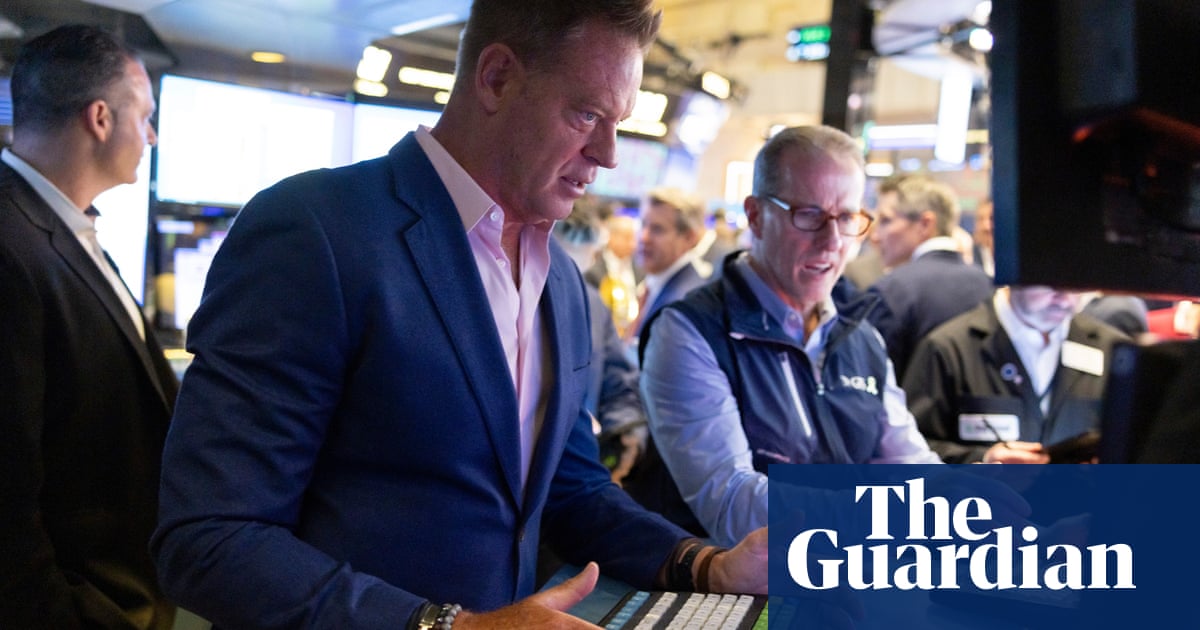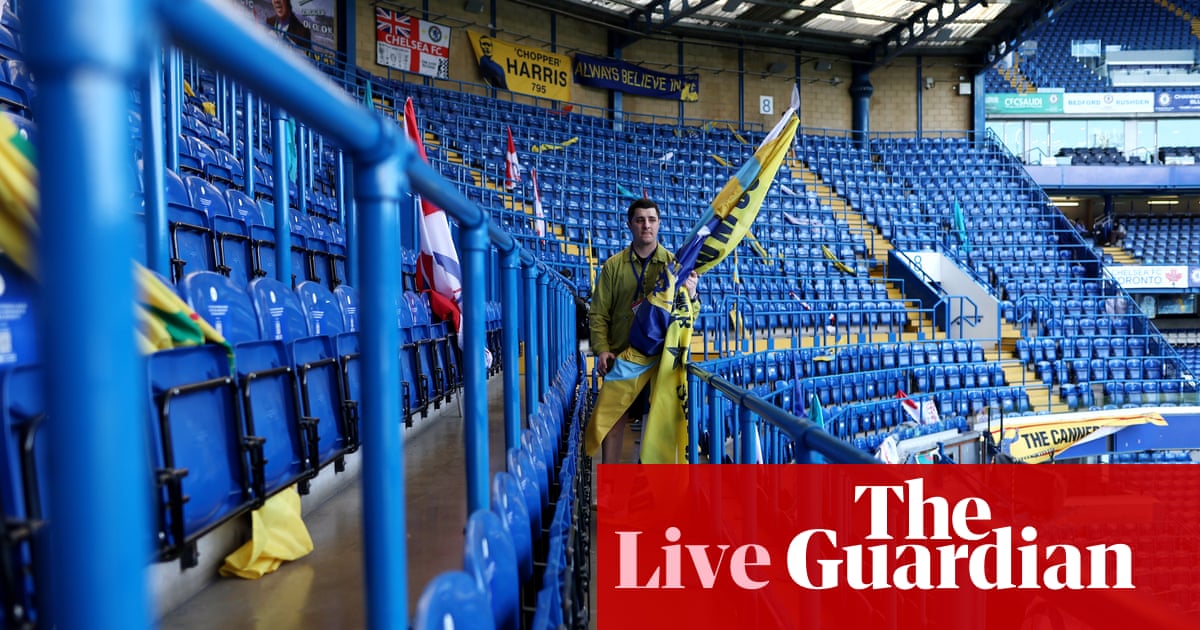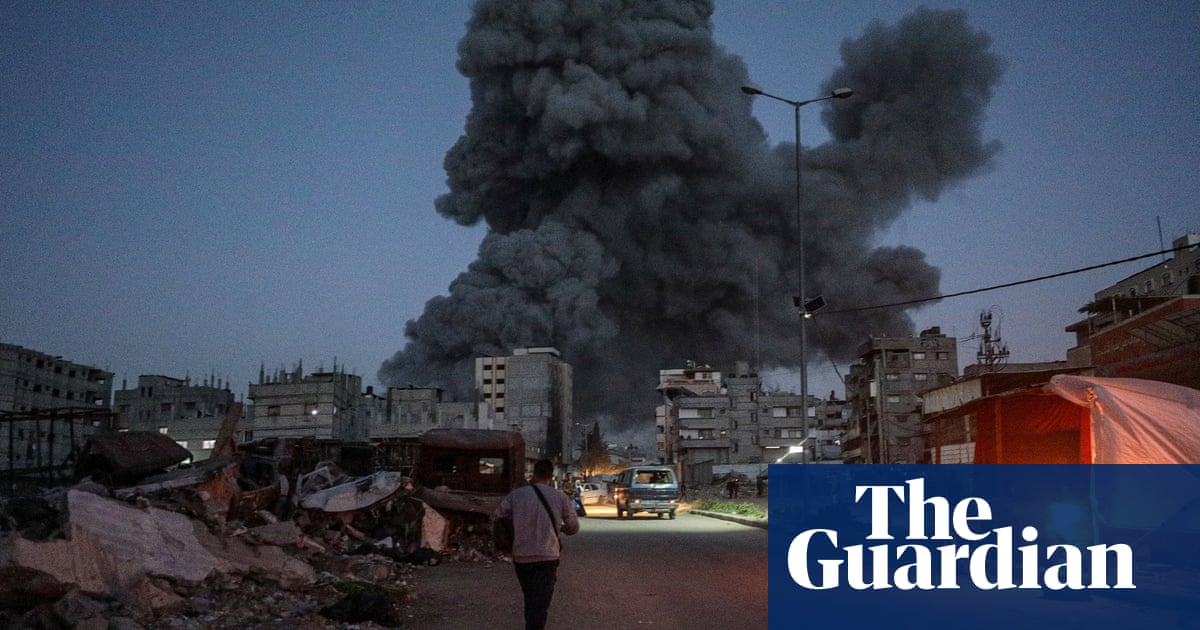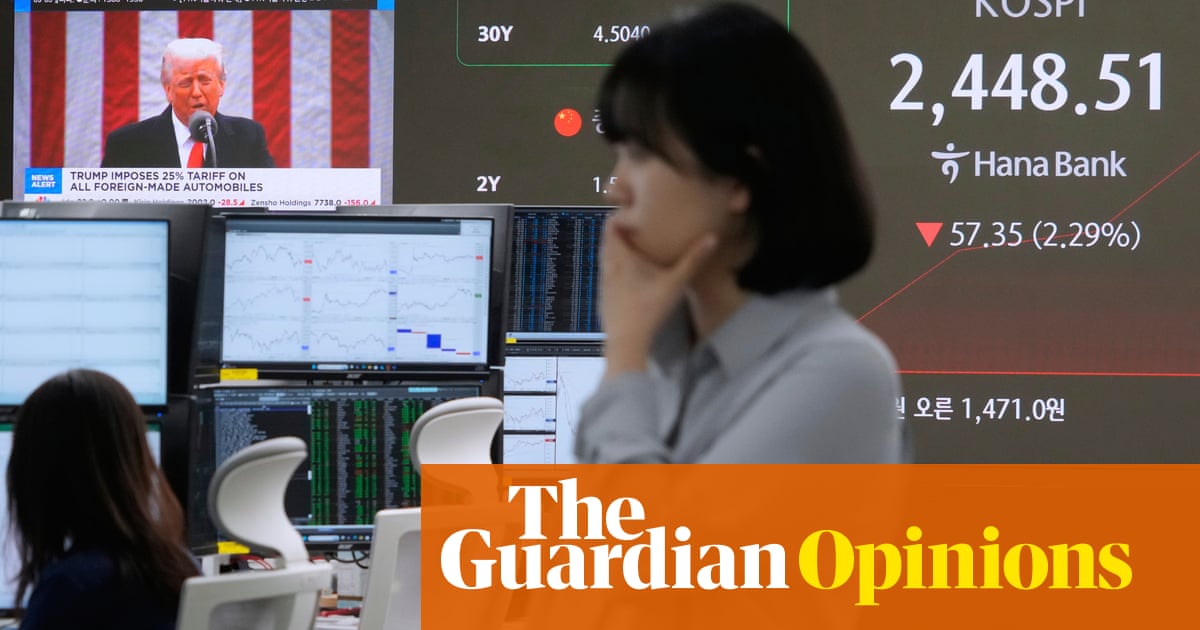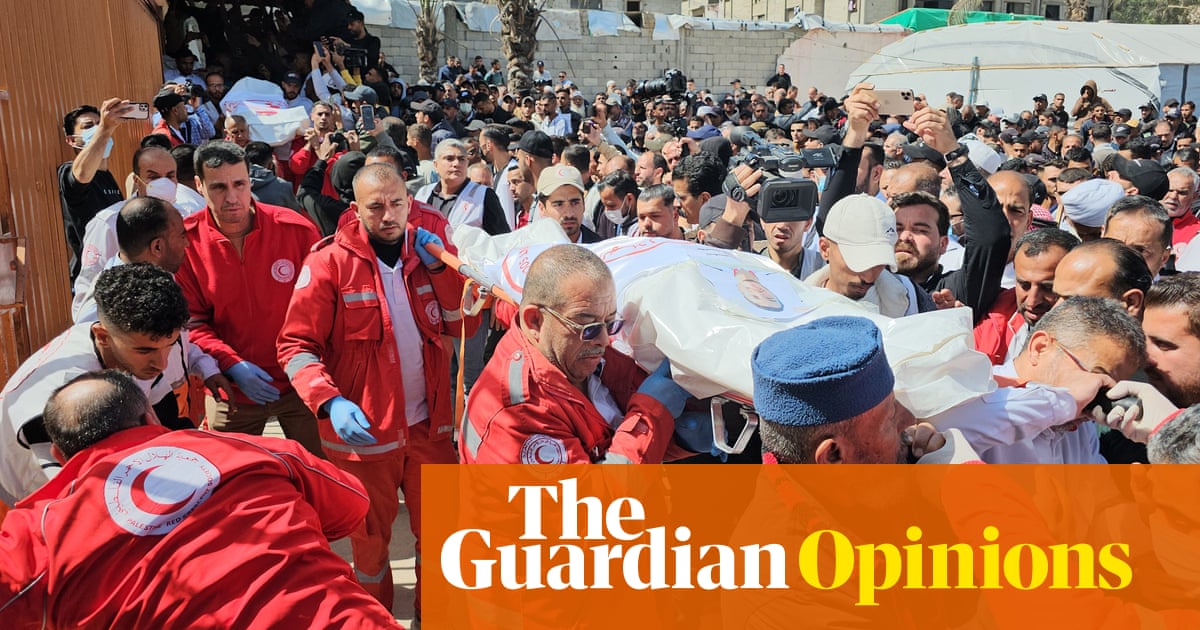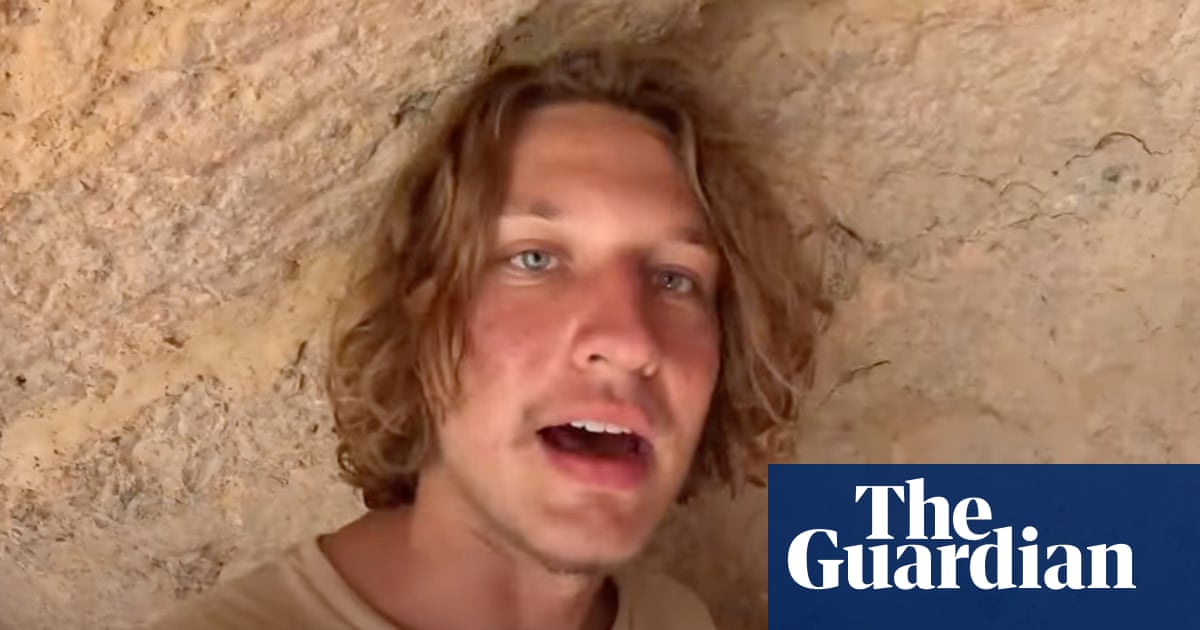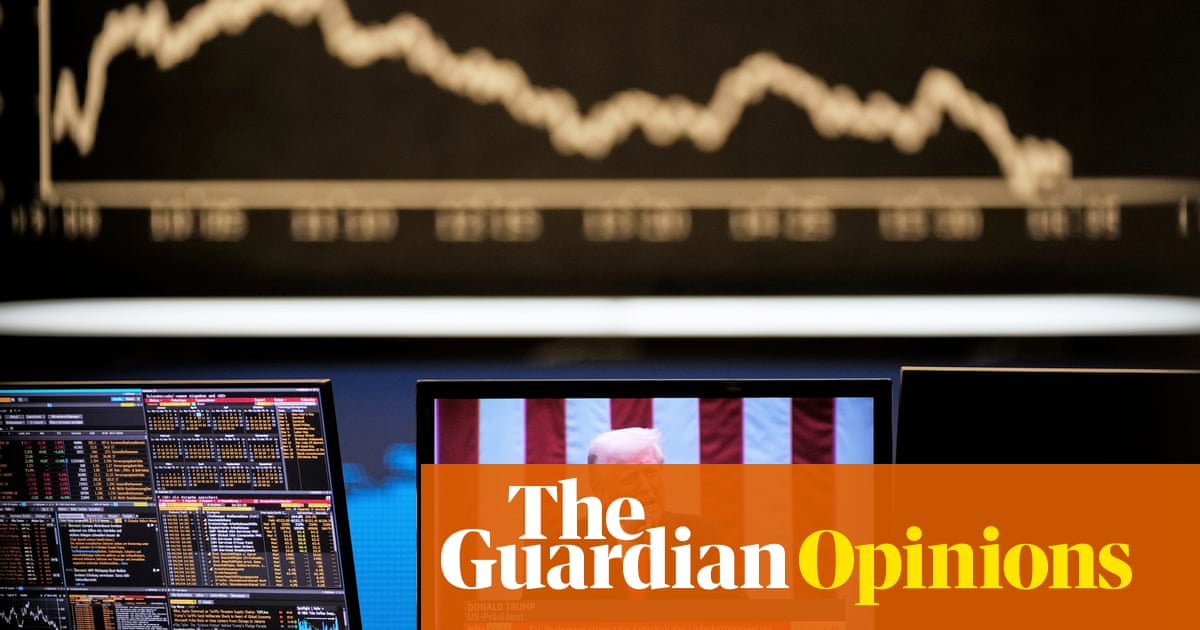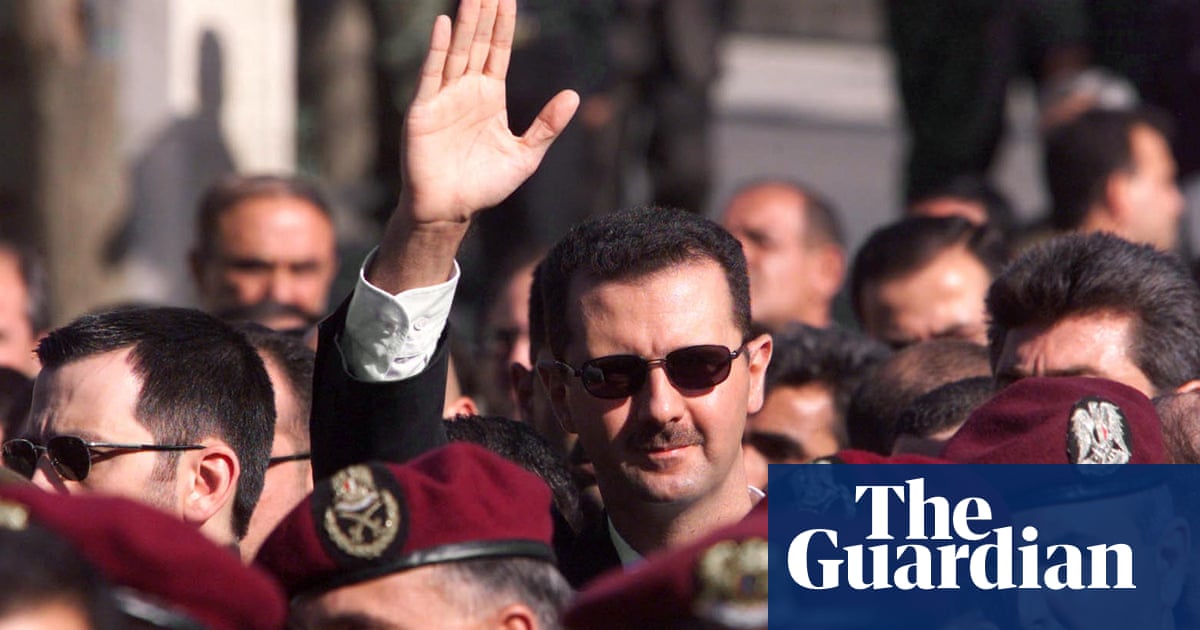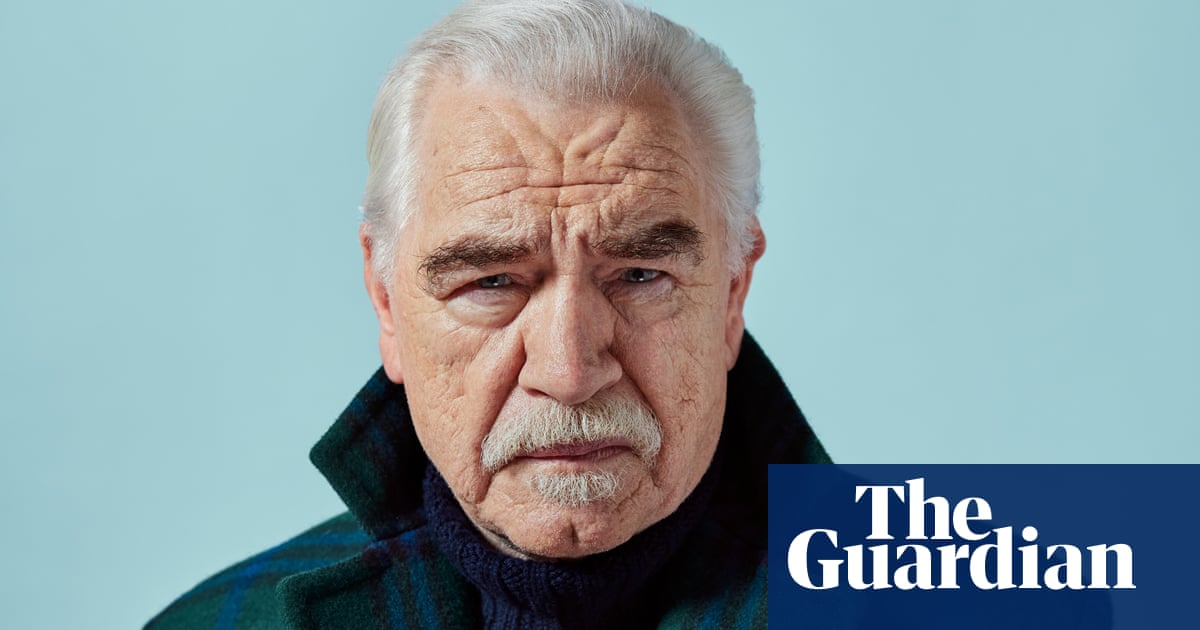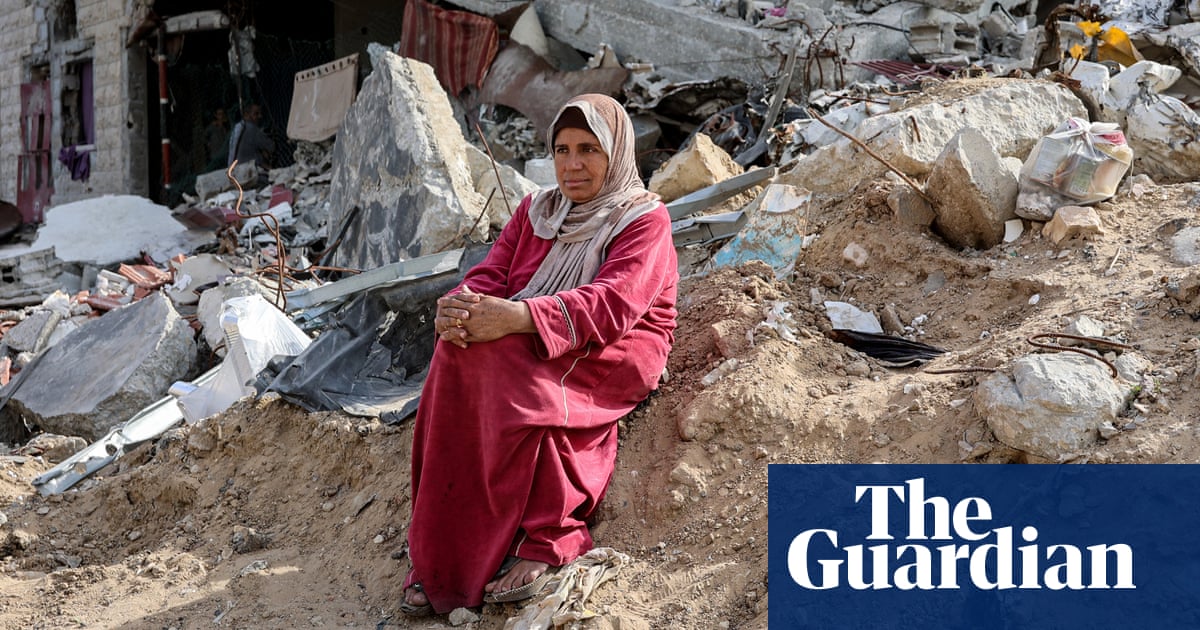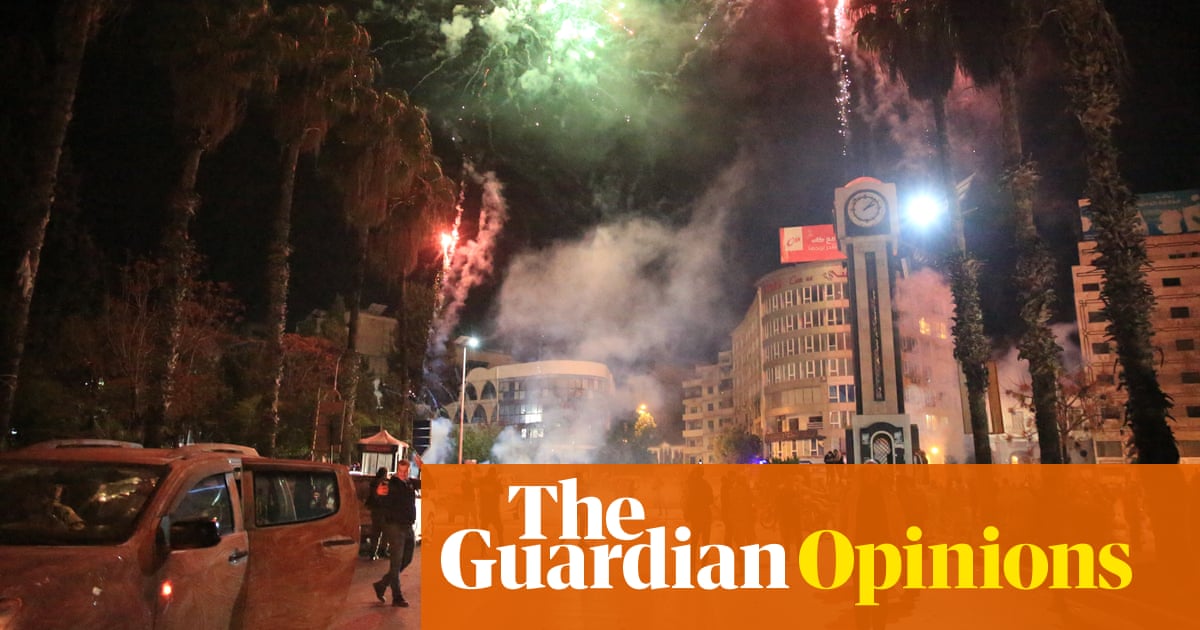Key events Show key events only Please turn on JavaScript to use this feature
Ukrainian President Volodymyr Zelenskyy, facing manpower shortages and growing territorial losses, has indicated that he may be open to negotiations with Russia, though he has said this has to be from a position of strength, which means security guarantees from the west and more weapons.
In this story, the Guardian’s central and eastern European correspondent, Shaun Walker, writes that there is cautious optimism about Donald Trump’s election in Kyiv as many Ukrainians disapprove of the Biden administration’s recent handling of the war.
As many Ukrainians felt the red lines and “escalation management” of the Biden administration had disastrous consequences on the battlefield.
Ukraine has become increasingly exhausted after nearly three years of full-scale war, and the number of people who say they would consider territorial concessions to stop the conflict is increasing.
“About a third are against any deal, a third want a deal in any circumstances including through concessions to Russia, and a third are not sure. They want the war to end but not at any price,” said the political analyst Volodymyr Fesenko in an interview in Kyiv.In recent months, Kyiv has been suffering from an acute personnel shortage as its mobilisation drive flounders and the army struggles to replenish ranks. This has led to the US administration making the unusual move of publicly calling on Kyiv to lower the mobilisation age from 25 to 18 years old. Zelenskyy has ruled out the move, which would be deeply unpopular in Ukrainian society.
Among Zelenskyy’s inner circle, there is an increasing awareness that, as the army struggles to hold back Russia on the frontline, some kind of negotiations will be necessary soon. But they fear that without solid security guarantees from the west, a ceasefire would be meaningless.

Despite Trump’s optimism about a possible deal, it is not clear that Putin has any interest in negotiations at the moment. He has laid out his demands for ending the war, which include Russian control over the Crimean peninsula and four regions Moscow laid claim to in 2022, including parts of Ukraine not currently controlled by Russian troops. Putin also wants a ban on Ukraine joining Nato, as well as its disarmament. Most of these conditions would be absolutely unacceptable for any Ukrainian leader to sign.
In recent weeks, a number of sources close to decision-making circles in Moscow have told the Guardian that they did not see any desire on Putin’s part to make real concessions for the sake of peace.
Trump calls for ‘immediate ceasefire’ in Ukraine as Zelenskyy reveals frontline casualties
Hello and welcome to the Guardian’s live coverage of Russia’s war on Ukraine.
Donald Trump has called for an immediate ceasefire in Ukraine, a day after meeting the Ukrainian president, Volodymyr Zelenskyy, in Paris, claiming Kyiv “would like to make a deal” to end its war with Russia.
“There should be an immediate ceasefire and negotiations should begin. Too many lives are being needlessly wasted, too many families destroyed,” Trump said on Sunday in an online post. “I know Vladimir well. This is his time to act. China can help. The world is waiting!” Trump added.
“Zelenskyy and Ukraine would like to make a deal and stop the madness,” he added.

-
Zelenskyy described his discussions with Trump, brought together by French President Emmanuel Macron, as “constructive” but gave no further details. Zelenskyy cautioned that Ukraine needs a “just and robust peace, that Russians will not destroy within a few years.” “When we talk about an effective peace with Russia, we must talk first of all about effective peace guarantees. Ukrainians want peace more than anyone else. Russia brought war to our land,” he said Sunday in a post on the Telegram messaging app. Among Zelenskyy’s inner circle, there is an increasing awareness that, as the army struggles to hold back Russia on the frontline, some kind of negotiations will be necessary soon. But they fear that without solid security guarantees from the west, a ceasefire would be meaningless.
-
Zelenskyy said on Sunday that 43,000 Ukrainian soldiers had been killed and 370,000 injured, of whom about half had been able to return to service after treatment. He also claimed that 198,000 Russian soldiers had been killed and a further 550,000 injured.
-
In an interview with on NBC on Sunday, Trump said that Ukraine will “possibly” receive less military aid once he takes office. “We’re in for $350 billion, and Europe is in for $100 billion. Why isn’t Europe in for the same as us?” the US-President elect said.
„Der Krieg in der #Ukraine muss so schnell wie möglich enden. Nur wenn die Ukraine sich verteidigen kann, wird sich Putin auf Verhandlungen einlassen. Um zu erfahren, wie die Lage in der Ukraine ist und wo wir unterstützen können, bin ich heute nach #Kiew gereist.“ (tm) pic.twitter.com/1f8Rvy4hGz
— Friedrich Merz (@_FriedrichMerz) December 9, 2024-
Germany’s Conservative opposition leader Friedrich Merz, who polls suggest will become the country’’s next chancellor, arrived in Kyiv this morning. “The purpose of my visit is to learn about the current state of defence in the country,” Merz said upon arrival. Merz – the leader of the Christian Democrats – said he wanted to assure the Ukrainian leadership of his conservative bloc’s support. Merz has struck a more hawkish tone on Russia than chancellor Olaf Scholz, saying Berlin should give Kyiv the Taurus long-range cruise missiles it has long wanted if the Kremlin continues to target civilian infrastructure in Ukraine. “Only if Ukraine is strong will Putin be prepared to enter into negotiations at all,” said Merz. “If our support for Ukraine weakens, then this war will last longer. If our support for Ukraine is consistent, then this war will end more quickly.”
-
The Ukrainian air force said on Monday that Russia launched two Kh-59/69 cruise missiles and 37 drones to attack Ukraine overnight. Of 37 drones, the air force shot down 18 and “lost” 18, likely due to electronic warfare. The air force also downed both missiles launched in the attack, the air force said.

 3 months ago
77
3 months ago
77

